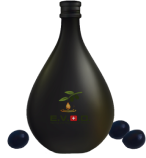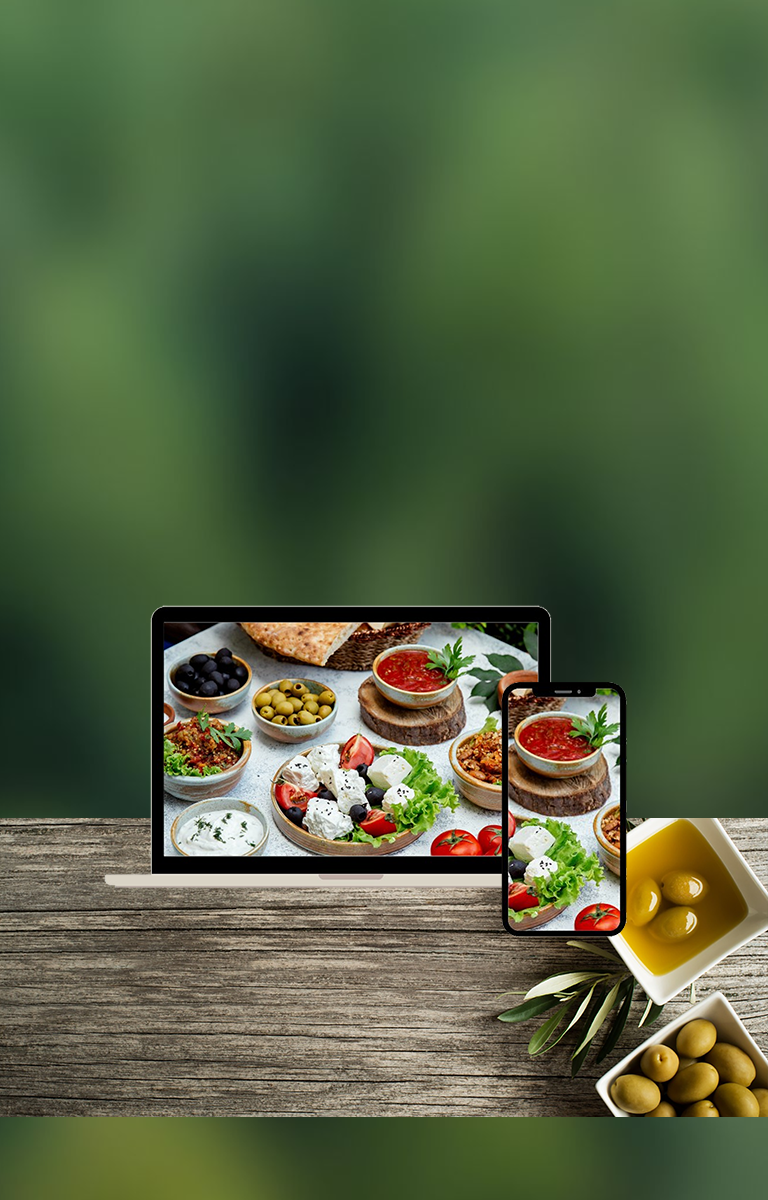Swiss cuisine and extra virgin olive oil (EVOO)

Swiss cuisine is known for its hearty and comforting dishes, often incorporating dairy products and meats such as cheese and bacon. However, one ingredient that may not immediately come to mind when thinking of Swiss cuisine is extra virgin olive oil (EVOO). Despite not being a traditional Swiss ingredient, EVOO is becoming increasingly popular in the country and is being used in a variety of dishes.
EVOO is the highest quality olive oil and is obtained by cold-pressing olives without the use of chemicals or solvents. It is rich in monounsaturated fats, antioxidants, and anti-inflammatory compounds, making it a healthy and flavorful addition to any dish. In Switzerland, EVOO is being used in everything from salad dressings to sautéed vegetables to pasta dishes.
One popular way that Swiss chefs are incorporating EVOO is by using it as a finishing oil. A drizzle of high-quality EVOO on top of a dish can add a burst of flavor and can help to enhance the taste of other ingredients. This method is especially popular for dishes featuring simple, high-quality ingredients such as grilled fish or vegetables.
EVOO is also being used in traditional Swiss dishes such as Rösti, a popular potato dish. Chefs are experimenting with using EVOO instead of butter or other oils, giving the dish a new depth of flavor and a healthier profile. EVOO is also an excellent ingredient in Swiss-style pasta dishes, such as Fondue, a traditional cheese-based dish that is typically served with bread or potatoes.
In addition to being used in cooking, EVOO is also becoming popular as a condiment in Switzerland. Many restaurants now offer EVOO as an option for diners to add to their dishes, and it is also commonly used in dip and spread recipes.
Despite not being a traditional ingredient in Swiss cuisine, EVOO is becoming increasingly popular in the country due to its health benefits and versatile flavor profile. It is being used in a variety of dishes, both traditional and modern, and is quickly becoming a staple in Swiss kitchens.
EVOO is a great ingredient for Swiss cuisine not only for its delicious taste but also for its many health benefits. The monounsaturated fats in EVOO can help to lower cholesterol levels, improve heart health, and reduce the risk of certain types of cancer. The antioxidants and anti-inflammatory compounds in EVOO can also help to boost the immune system and protect against chronic diseases.
To capitalize, EVOO is a versatile and delicious ingredient that is becoming increasingly popular in Swiss cuisine. Its health benefits and unique flavor profile make it a great addition to any dish. Whether used as a finishing oil, a cooking oil, or a condiment, EVOO makes sure to add a delicious and healthy touch to any Swiss meal.





